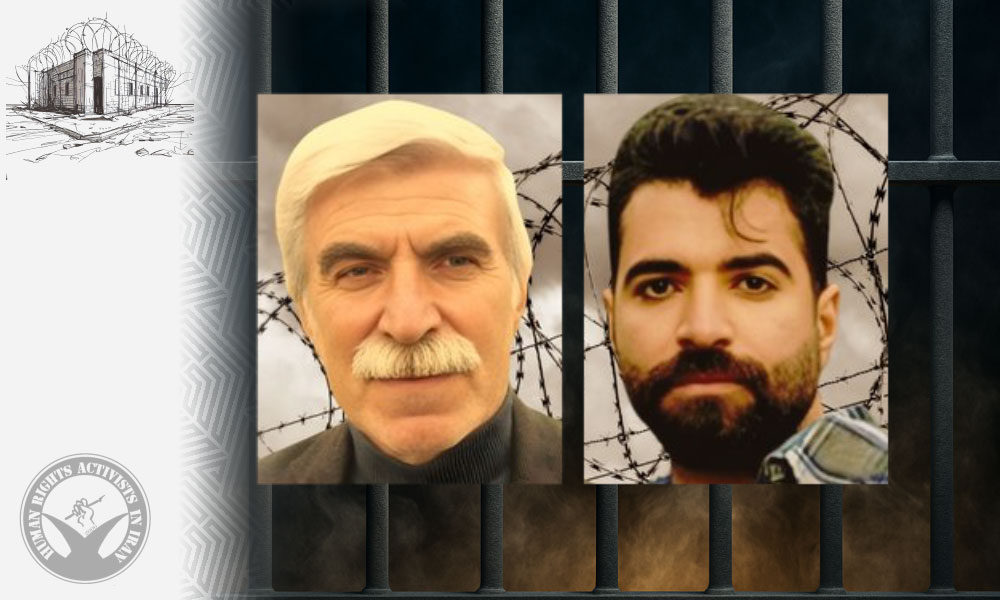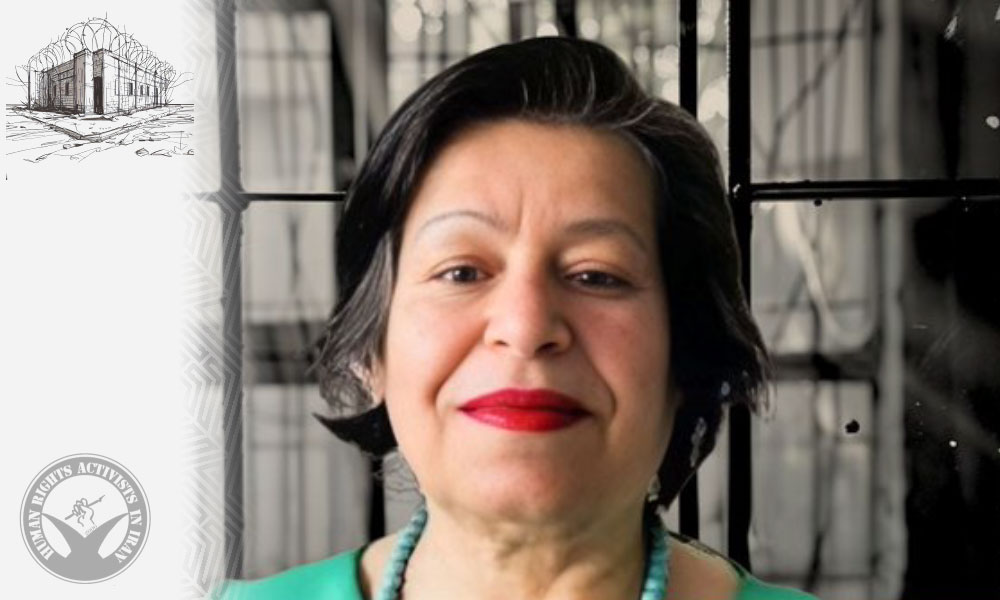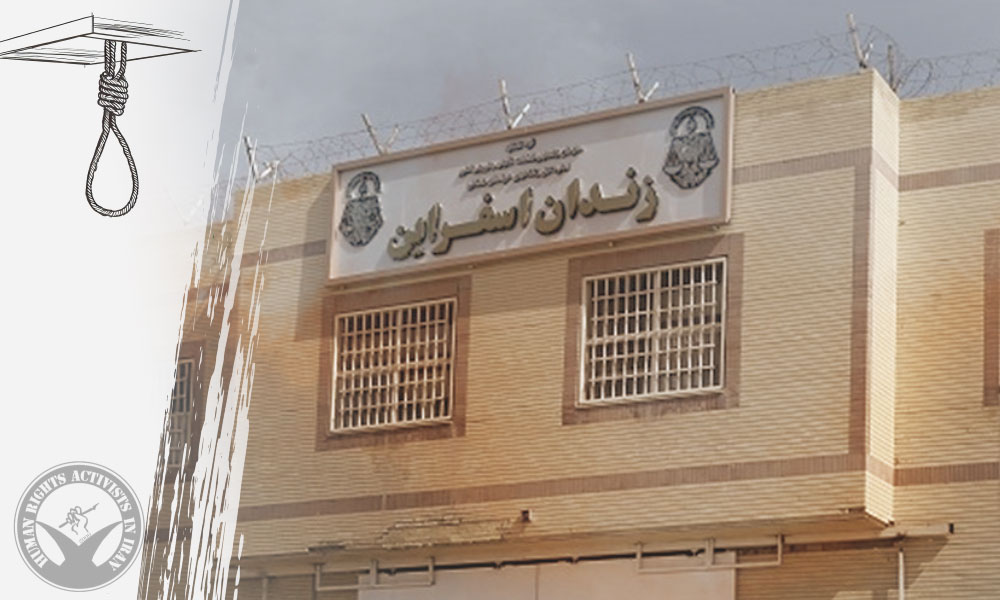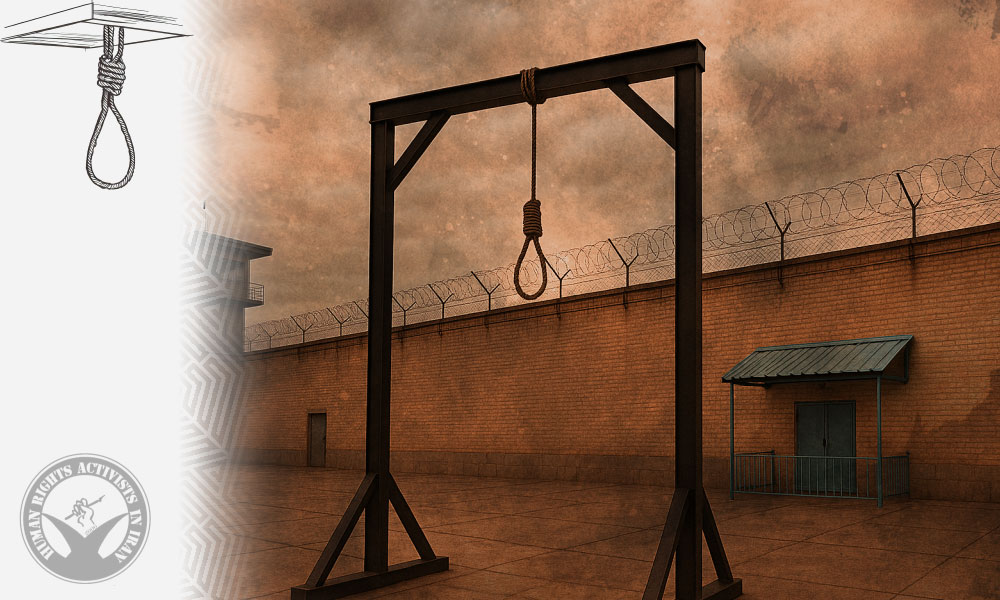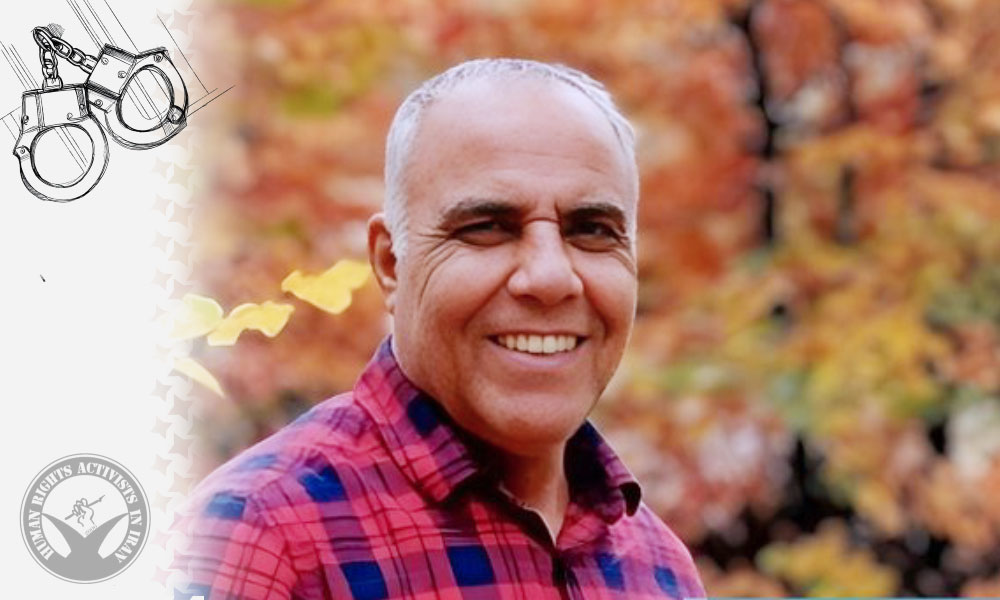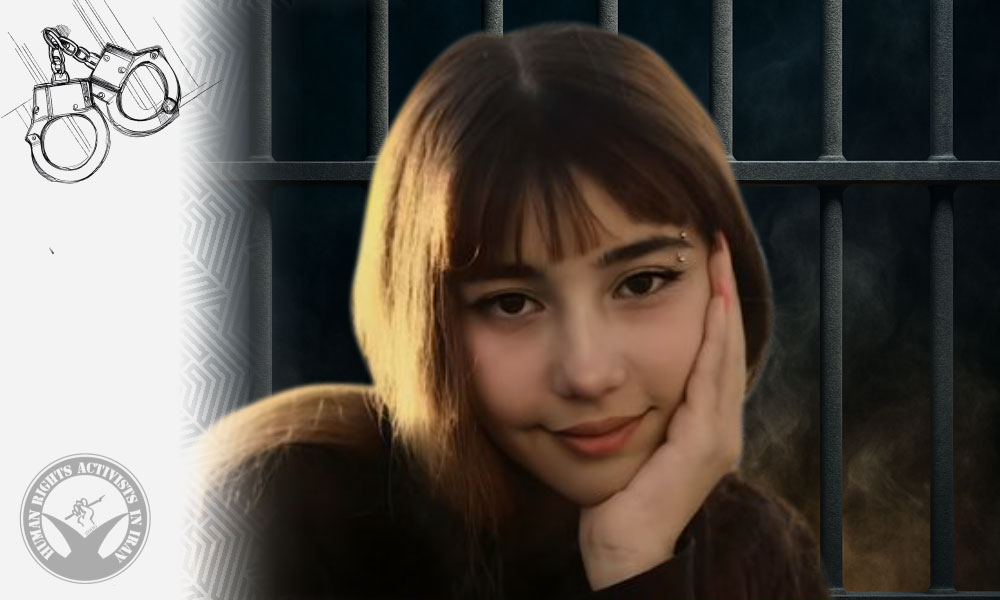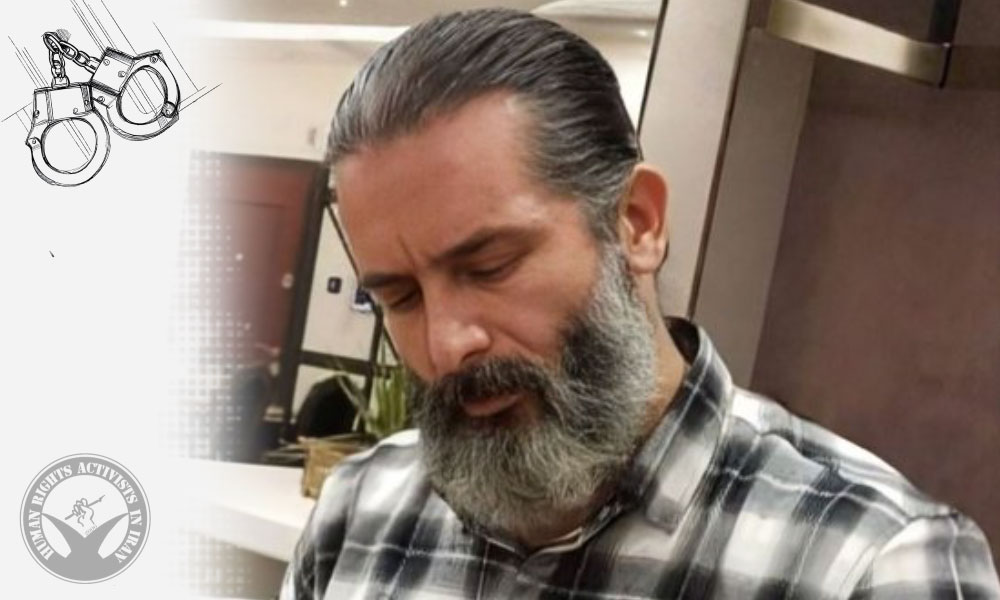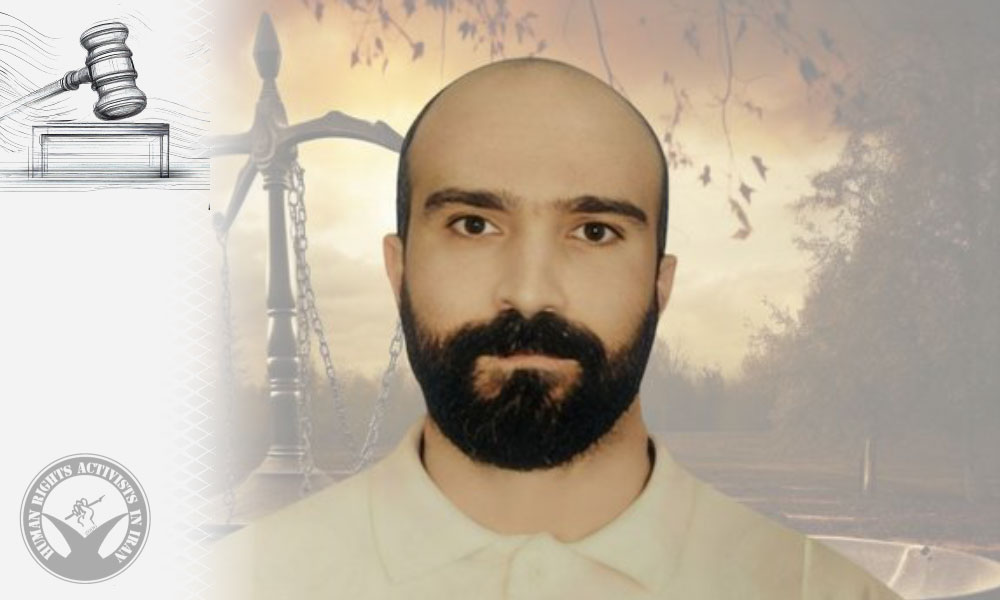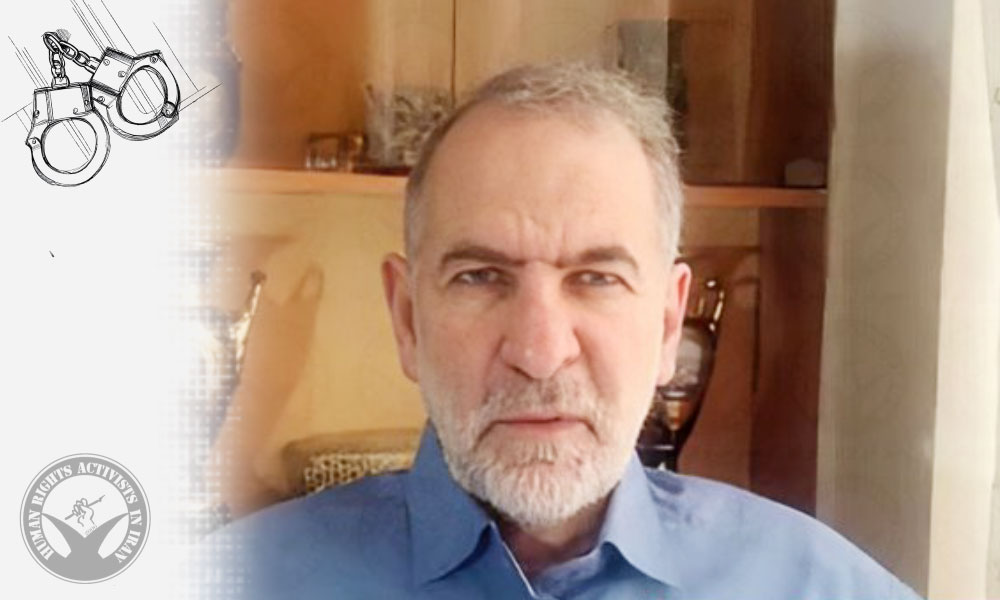HRANA – More than a month after the arrest of Jahangir Rostami, a member of the Hersin Teachers’ Trade Association, and over three months after the arrest of Tehran resident Ramin Rostami, both men remain in a state of legal limbo in Evin Prison.
A source close to their families confirmed to HRANA: “It has now been 91 days since the arrest of Ramin Rostami and 33 days since the arrest of Jahangir Rostami. They continue to be held in The Ministry of Intelligence’s detention facility, known as Ward 209 of Evin Prison. Both have been denied access to legal counsel, and no meaningful action has been taken to advance their cases.”
On 20 August 2025, security forces arrested Ramin Rostami in Tehran and subsequently transferred him to Evin Prison. According to information obtained by HRANA, he launched a hunger strike shortly after his arrest to protest his ongoing detention and the uncertainty surrounding his legal status.
Ramin Rostami, originally from Harsin, has previously worked in publishing and the book industry.
As for Jahangir Rostami, the 63-year-old retired teacher was violently arrested at his home by security forces on 17 October 2025 and transferred to Evin Prison. He is the father of Ehsan Rostami, a cultural activist from Harsin who was himself arrested on 19 August in Tehran.
As of this report, no information has been made available regarding the charges brought against either detainee.



